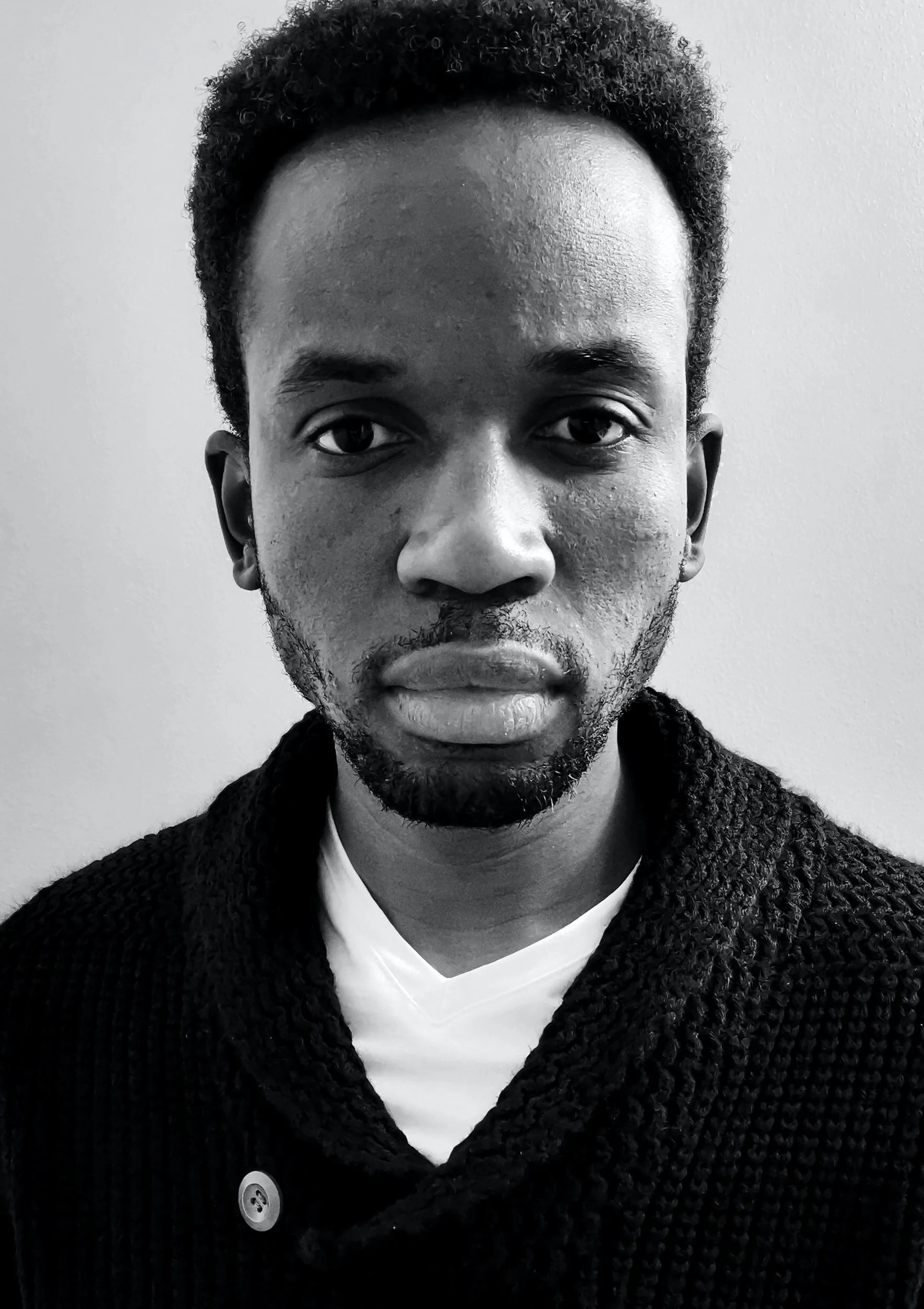Breaking Through The Power Of Pain: Racial Violence And Intergenerational Trauma
We cannot begin to have an honest, innovative discussion about cultural healing in America without starting the conversation on the topic of intergenerational trauma in BIPOC families. Intergenerational trauma is a manifestation of unhealed trauma that becomes so deeply ingrained in our bodies that it is passed on genetically to the next generation. While there are many reasons that patterns of intergenerational trauma can begin, and they can affect people regardless of race or socioeconomic status, Black and Indigenous people of color face the most significant burdens from that cyclical trauma. That isn’t surprising, because our bodies and the bodies of our ancestors have been carrying the pain and unconscious grief of colonialism, white supremacy, slavery, and systemic brutality for as long as America has existed.
Intergenerational trauma makes healing harder and more complex for BIPOC. I am shocked that many BIPOC sometimes doesn’t realize how high of a frequency we have to operate on just to survive, let alone slow down and heal. We are born on high alert because our parents were never allowed to leave behind their own hypervigilance. After generations of vicious violence, brutality, and systemic racism, the bodies of BIPOC can become stuck in “survival mode,” imminently perceiving the threats of the environment around us and preparing us to engage in fight, flight, freeze, or faint responses. When our bodies are stuck on the “on” mode of hypervigilance, we have difficulty processing ongoing grief and traumatic events, regulating our emotions, or setting healthy boundaries, or forming secure attachments. The impacts of that unhealed intergenerational trauma, if not addressed, can be so very damaging. Substance abuse and other addictions, self-harm, depression, and anxiety are common impacts of this cycle - issues that BIPOC are uniquely affected by. Physically, intergenerational trauma is linked to chronic illnesses like hypertension, cancer, and asthma, which is one reason that BIPOC communities are burdened by those issues more frequently.
The same symptoms of unaddressed intergenerational trauma that are reflections of our own unheard grief are met with criminalization and violence from the system instead of compassion and resources. Too often, BIPOC experiencing mental health issues or substance abuse challenges are arrested, faced with ludicrous charges, and pumped into the mass incarceration pipeline. Other times, BIPOC in crisis have been outright murdered by authorities, like when police shot and killed Walter Wallace Jr. in Philadelphia last year. Not only do these incidents serve to increase shame and stigma, which ultimately further the cycle of addiction and self-harm, they also independently create more trauma. Incidents of state or non-state racial violence affirm our bodies’ inherited craving for hypervigilance.
The criminalization of BIPOC adults starts when they are children, like the innumerable cases where Black children are attacked or punished for behavioral health problems and denied resources for their emotional regulation. People use inaccurate judgements and assumptions rooted in ingrained white supremacy to categorize and pathologize Black children, preceding personal introduction or any interactions. Many of these children that are victimized by these assumptions come from stable, supportive, and loving homes and this fact is often erased or minimized because it does not fit the narrative of white America. BIPOC parents are often doing their best to manage the racism and microaggressions that are all-too-common in their work environments. It doesn’t matter if their profession is as an executive or part-time minimum wage employee, the stressors placed on BIPOC in the world and the workplace are over the top - and even those closest to that ceiling of the power structure or top of the corporate ladder do not get a reprieve. Children who grow up seeing themselves or a parent punished instead of helped, or who are surrounded by adults buried in shame and unable to confront their struggles, are further primed for trauma when their fundamental sense of safety and right to be free and truthful are both harmed. BIPOC children have high rates of adverse childhood experiences (ACEs), and less access to professional services, which can exacerbate trauma and further elongate intergenerational trauma by becoming additionally “stuck” in someone’s body. Every instance of racial violence that we face can become compounded internally.
Our intergenerational trauma is built on fear, a fear that our bodies have rightfully sounded the alarm on following centuries of racial violence. It is our right to reclaim ourselves and to find a future that praises us and celebrates us for the wonder, joy, and resilience that we carry in us. Breaking the cycle means that we must be honest, compassionate, and understanding towards ourselves and the circumstances that have brought us here. We must take a journey through our memories and the stories of our parents and ancestors, and we have to hold space for ourselves from the inside out. By being bold and having honest conversations about our mental health with our communities, seeking treatment for emotional health issues, addiction, or trauma, and listening to our bodies, we take away the power of the pain that BIPOC has been responsible for far too long.


